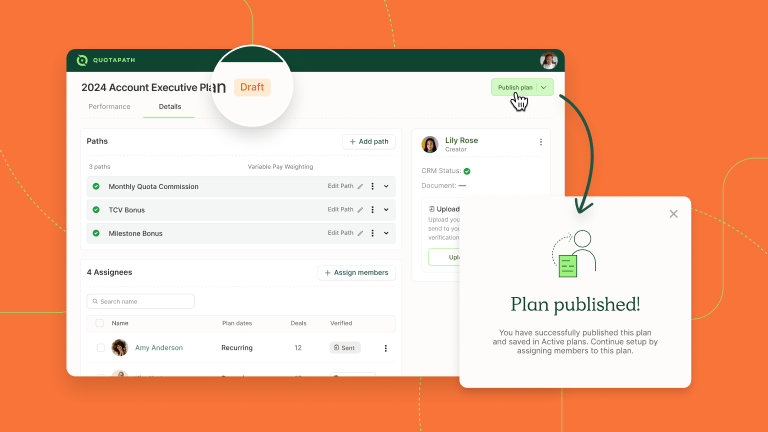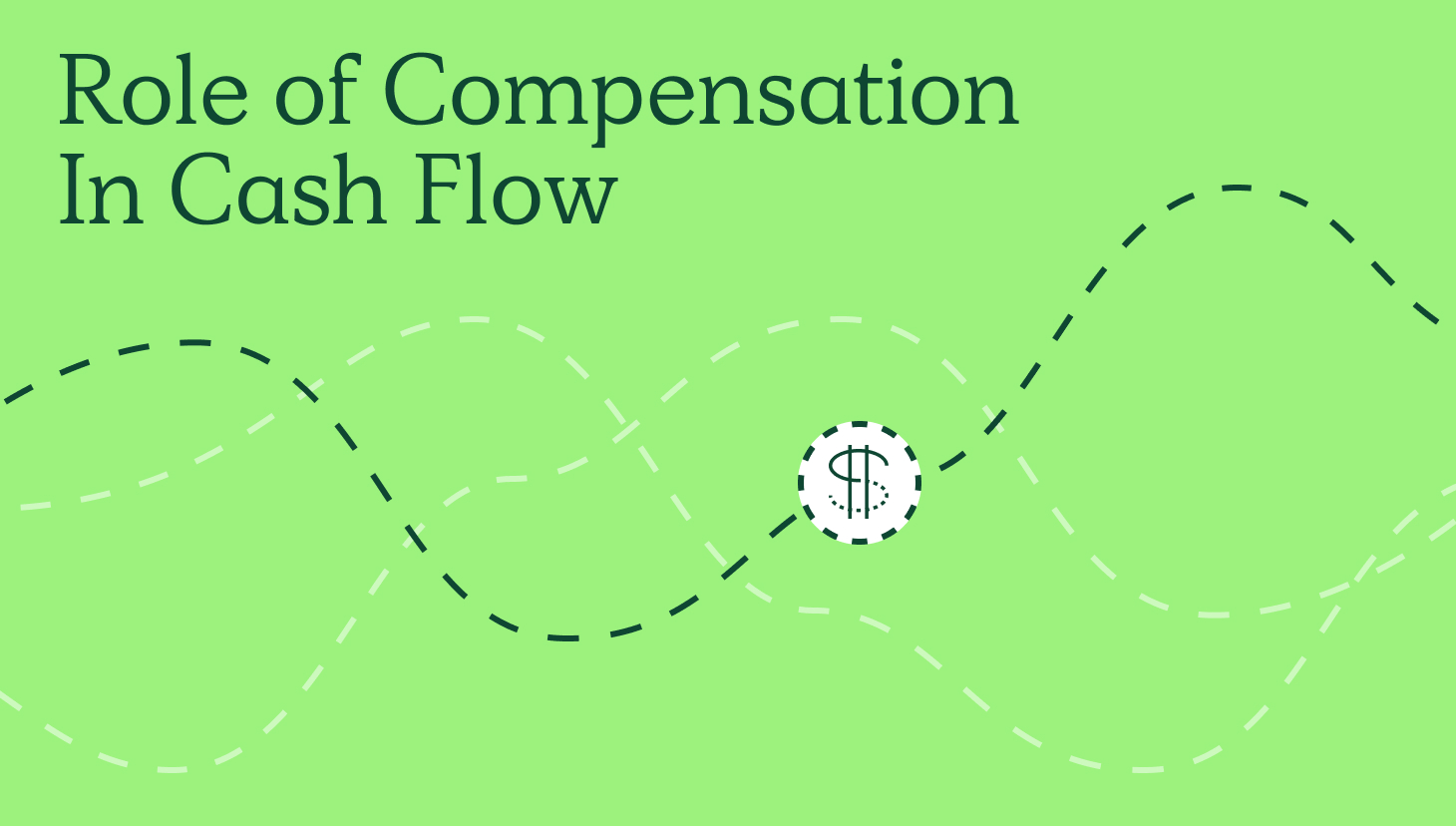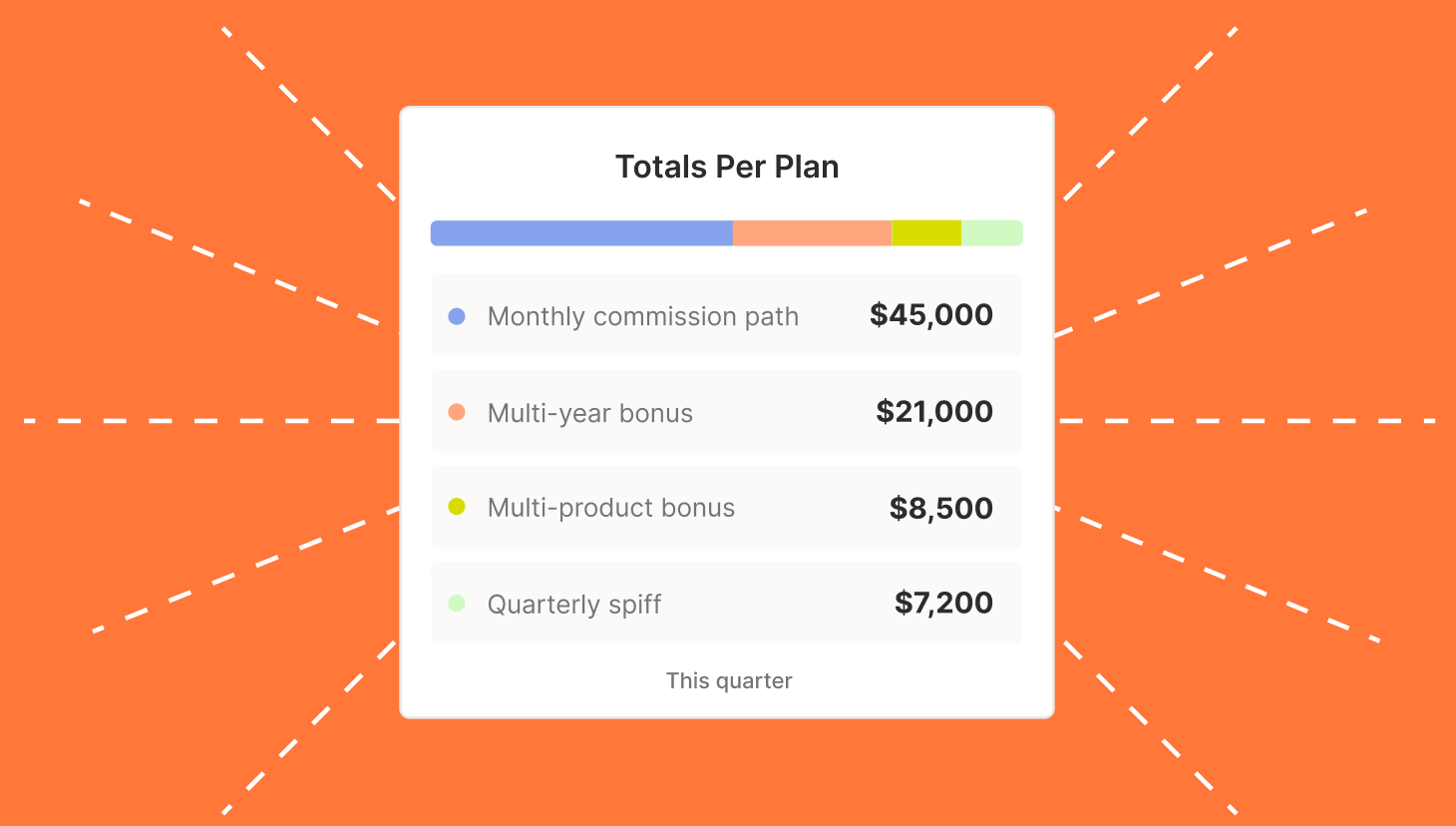It’s that time of year: compensation plan design season.
Many companies are finalizing the compensation proposals throughout November and December to prepare them for sales kickoffs during the first quarter.
The sales compensation plan is one of the most essential tools in a sales team’s arsenal. It can be a powerful way to motivate and reward salespeople and align their goals with the company’s overall business objectives. Who builds the sales comp plan will vary according to the size and stage of the company.
For instance, at smaller companies without a RevOps team, it often falls to the sales leader (who may or may not have built a comp plan before) and only the sales leader. At organizations with RevOps, the responsibility shifts to them.
But it shouldn’t be put on one department’s shoulders.
Rather, the comp plan should include input from Finance, Sales, maybe even the board, and support from HR.
Involving multiple departments with different perspectives in your plan design increases rep trust in the comp plan.
This blog explores who to include in your comp plan design committee and at what stage during the building process to involve them.
Let’s get started.
Compensation Plan Templates
Discover, compare, build, and customize sales compensation plans using adjustable comp plan templates.
View TeamplatesWho to include in your comp plan design committee:
Our 2023 Sales Compensation Trends survey revealed that sales leadership often owns the plan design process at early-stage companies, where RevOps teams take over this responsibility as companies scale. However, it’s essential that the plan isn’t designed in a silo.
The best comp plans result from collaboration across multiple teams like Sales, Finance, HR, and Marketing.
Below, we discuss what each stakeholder contributes to the process.
Sales leadership
Sales leadership is essential to any comp plan design committee. They have the most profound understanding of the sales team’s goals and challenges and provide valuable insights into structuring the comp plan to achieve those goals.
Their knowledge and insights enable them to emphasize what’s best for reps, making comp plans designed by sales leadership the most trusted.
Sales leaders can also facilitate getting feedback from sales reps to understand better what motivates them and what they’ve liked and disliked about previous compensation structures. This input is essential as you build the new comp plan.
Finance
Finance is another vital member of this design committee.
They can provide insights into the company’s financial goals and constraints and help ensure the comp plan is aligned with those goals.
Finance will typically be the department that “approves” the plan, but our recent report indicated a disconnect exists between how leaders view the success and alignment of their plans. For instance, Finance felt more confident than RevOps and Sales leaders that their plans align with business goals and that they motivate sales reps. That’s likely because of their role by coming in at the end of the design process.
By bringing them into conversations early, you can help ensure confidence in the plan’s performance is universal across the organization.
Have a pre-design meeting with finance to share your thoughts. Then, they can give you a pulse check to determine if you’re on the right track. From there, you can build your sales compensation strategy.

Build and test comp plans with Draft Plans
With QuotaPath’s Draft Plans tool, run plan proposals against existing CRM data to estimate total teamwide commissions, identify potential edge cases, get a pulse on plan effective rates, and see how realistic (or unrealistic) attainment goals are.
Read MoreRevenue operations (RevOps)
RevOps teams are responsible for designing and implementing sales processes and technologies. They know the data, sales behaviors, motivators, and business context. This enables RevOps to provide valuable insights into structuring the comp plan to support the sales team’s processes.
However, we found that RevOps-led comp plans are the second most trusted, indicating that RevOps has some work to do in that area. One way to accomplish this is through increased sales team engagement. Our Senior Director of RevOps, Ryan Milligan, handles this by hosting monthly one-on-ones with every member of the sales organization to check in and gather feedback.
Board of Directors and C-Suite
Consider including your board of directors and C-Suite in the comp plan design process. They can guide the company’s overall business goals and objectives and help ensure the comp plan is aligned.
Ask them to prioritize three to five strategic company initiatives. Then determine if the sales compensation plan can reinforce any of those priorities.
Human resources (HR)
Less commonly talked about is HR’s role in comp plan design.
HR can provide support on the legal and regulatory aspects regarding sales compensation. They can also help to ensure that the comp plan is fair and equitable for all employees by providing industry rates on OTEs and salary structures.
This ensures that comp plans are competitive and helps prevent discord on the design team regarding how much other companies pay their reps.
How healthy is your comp plan?
Answer 7 questions to quickly assess if your account e business compensation plan strategy is healthy and balanced.
Take QuizMarketing
Marketing should support compensation plan design if the SDR/BDR team falls under their jurisdiction and if any or all of the marketing team have variable pay as part of their compensation package.
Also, marketing plays a massive role in building the financial model for the next year by generating inbound leads and pipelines, which is necessary to set quotas and OTEs for reps.
When to include each stakeholder in the comp plan design process
Each participant plays an important role in the comp plan design. Below, we look at when these various stakeholders engage in the process.
Early stages
Involve sales leadership and finance early on. They can define the comp plan’s goals and objectives and develop a high-level structure. Together, these stakeholders can also do some preliminary pressure testing to ensure that your proposed plan won’t break the budget.
Later stages
RevOps, the board of directors, and HR should join the later stages of the comp plan design process. They can provide feedback on the plan’s structure and ensure that it is aligned with the company’s overall business goals and objectives so it will drive desired outcomes.
Build your sales comp plan
The sales compensation plan is essential to motivate and reward sales reps while driving business objective achievement.
Although Sales Leadership or RevOps typically drives the sales compensation design process, it’s critical to build them outside of a silo. Collaborate with various departments throughout the process and remember to consider sales rep input. The resulting plan will be more effective and trusted by the sales team.
Still need more support on industry sales compensation best practices? Schedule a chat with the QuotaPath team or run sales compensation more efficiently with a free trial.



